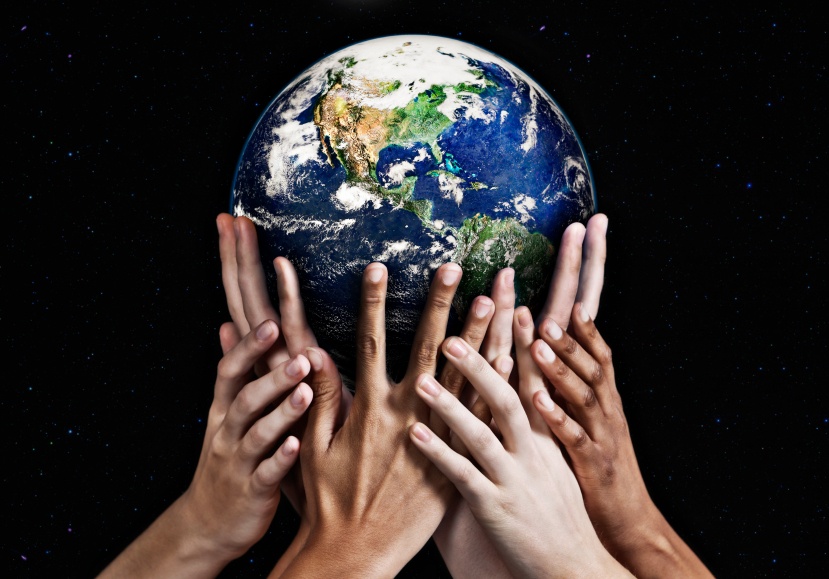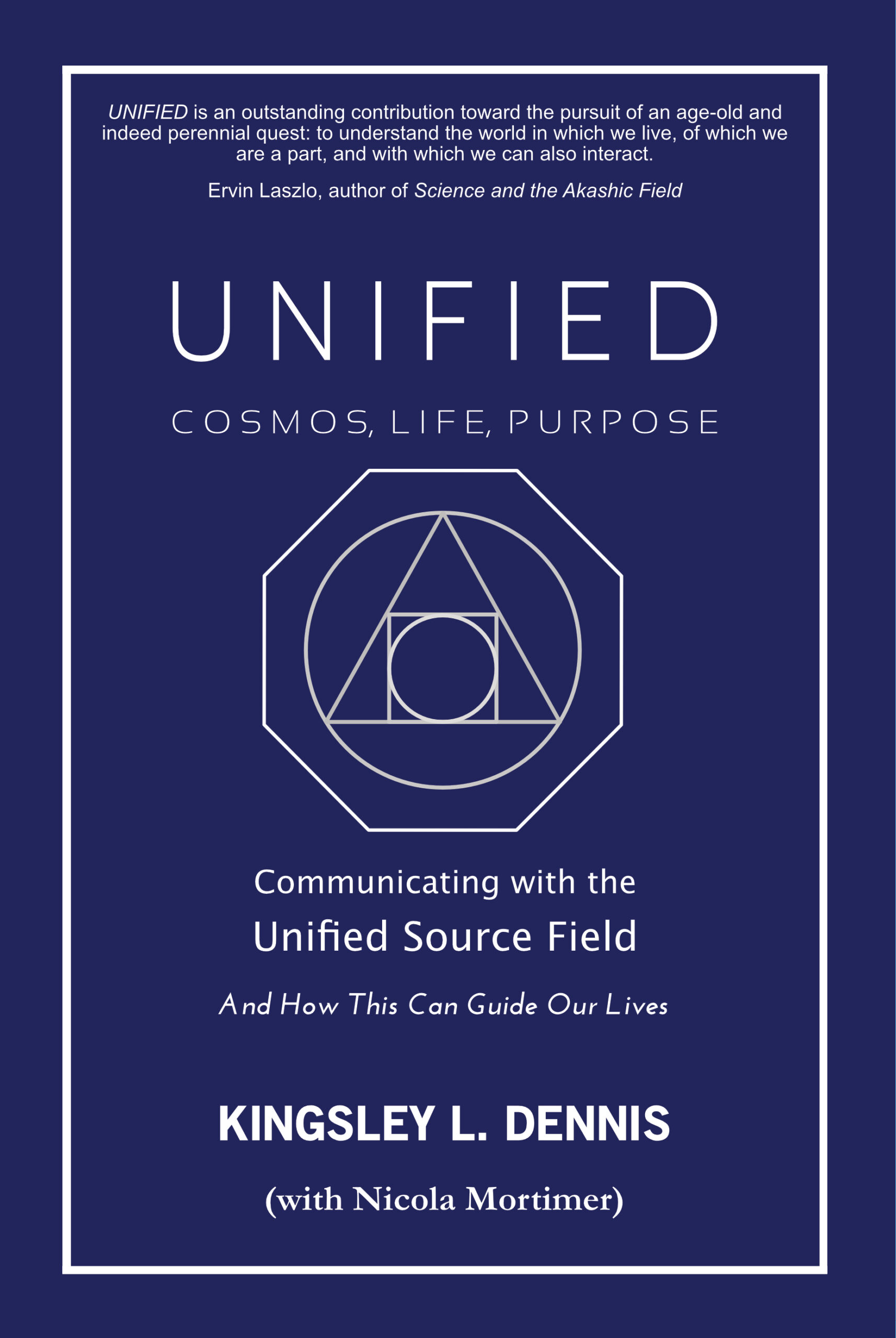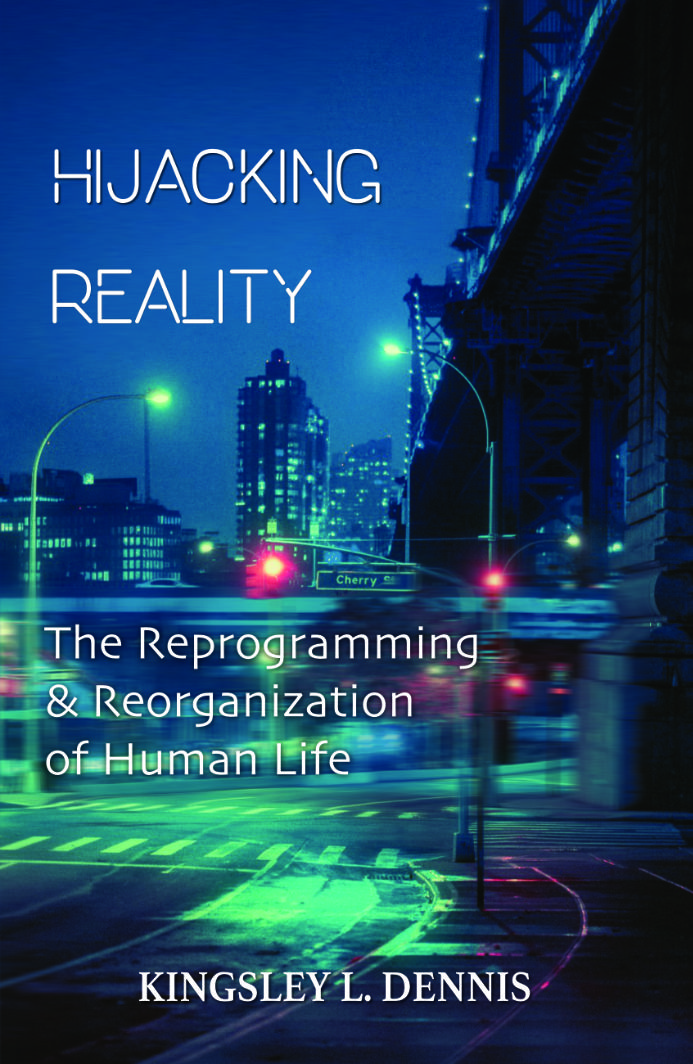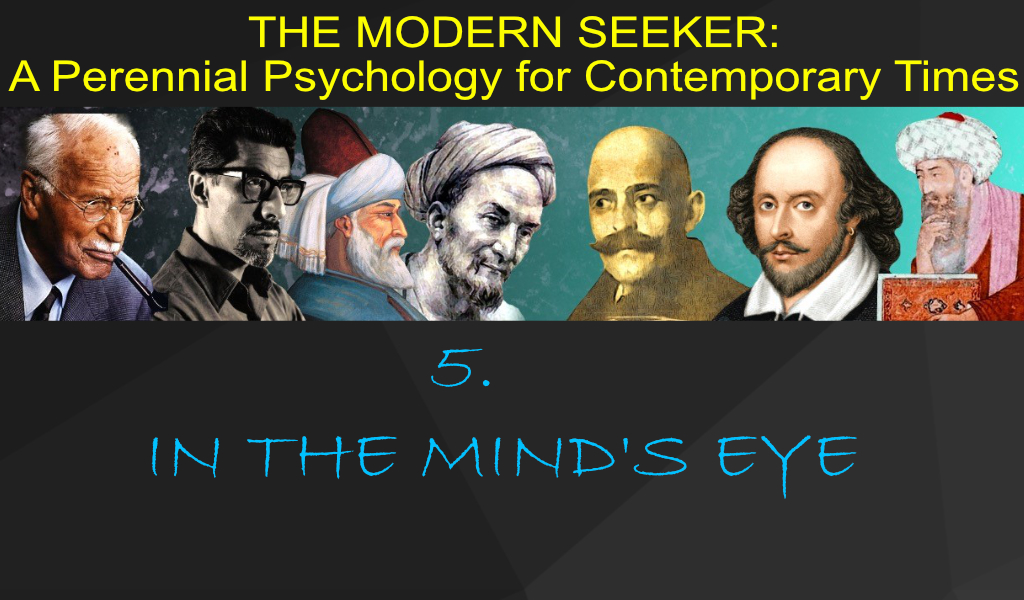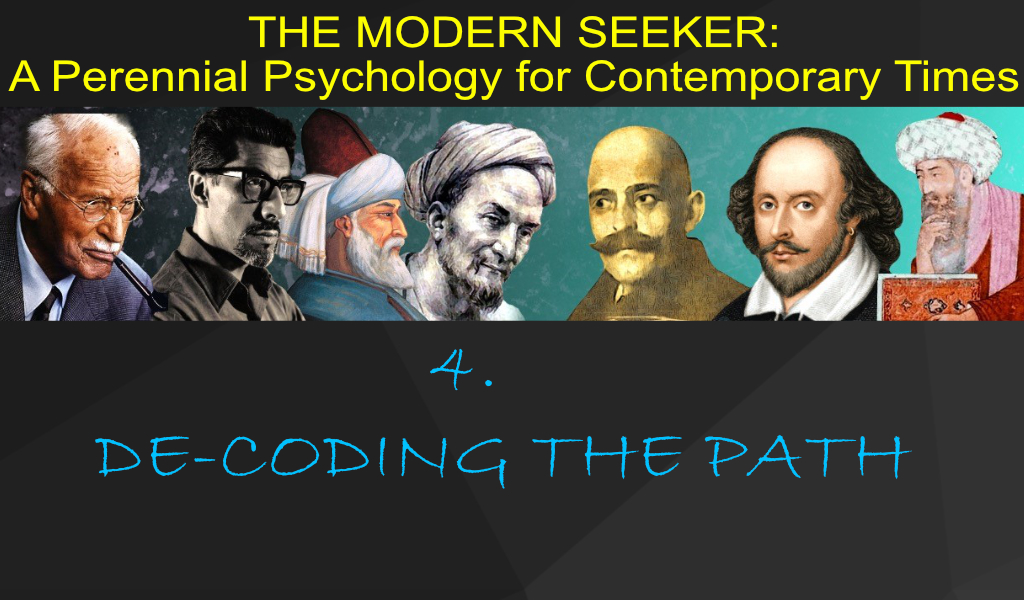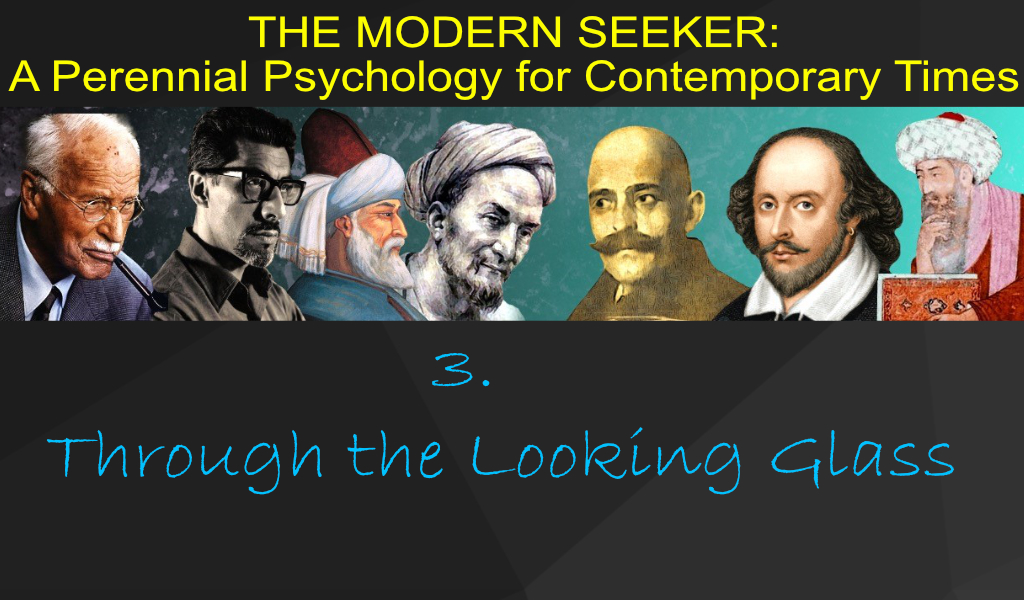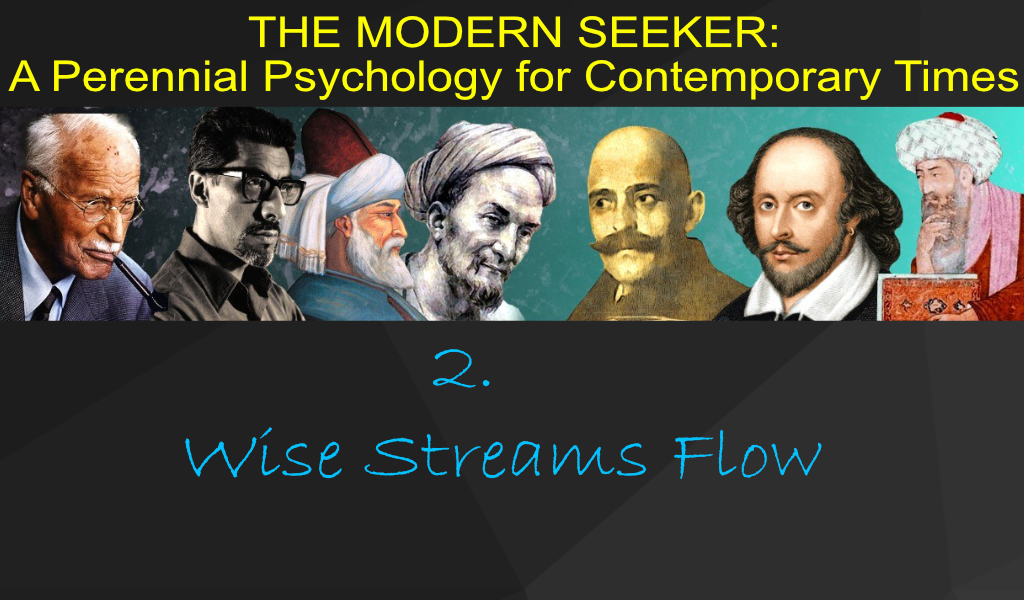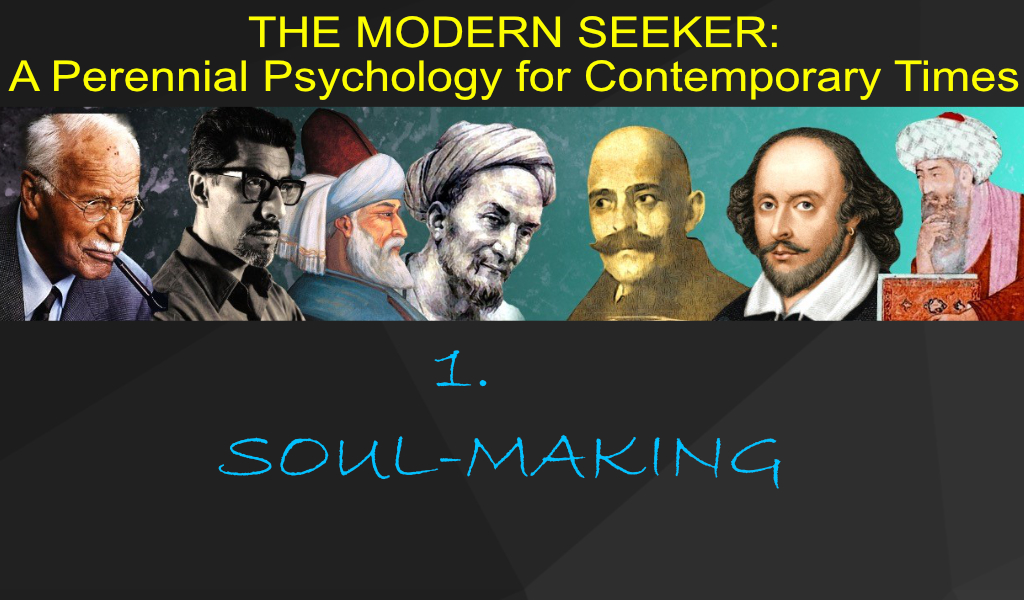It is now apparent to even casual observers that our world is reaching a critical stage. Most of what we see in the daily news reports informs us of dramatic Earth changes as a result of climatic disruptions: earthquakes, floods, hurricanes, volcanic eruptions, etc. We are also witnessing a surge in people protest as decades of corrupt or inefficient social systems are taking their toll. Yet within this outward surge of turmoil and disruption there are other shifts occurring, such as the transition from the industrial-globalization model of the last two centuries into a more ecological-cosmological worldview. We can perhaps say that our current struggles are between the present model marked by the inequalities of dysfunctional global systems, and that part of humanity which is realizing that a new model needs to be manifested and put into place. Thus, the revolution(s) we are currently witnessing are not only of the physical kind, with civil disobedience, rioting, and unrest. There are also revolutions occurring now in our perceptions and worldviews — a revolution in our collective psyche.
Why we are in need of a worldshift is that the old model is attempting to maintain its grip on power, resulting in resource wars, loss of civil liberties, and the on-going struggle for control and management. At the same time there are many forecasts trying to predict the outcome of the present geopolitical turmoil based upon what has gone before; there is a lack of ability to discern the uncertain, the unpredictable, and the unexpected. The western mindset has a preoccupation, or even obsession, with a linear view of history and progress. Yet the concept of a linear development of human civilizations is erroneous and misleading. Many ancient teachings, both spiritual and secular, and many indigenous cultures, have long known about and taught the concept of cyclic processes that repeat themselves over long periods of historical time. These expansions in social cycles also coincide, or are co-existent with, changes in perception and worldviews. In other words, major social revolutions are accompanied by great shifts in human consciousness. Why a positive worldshift is so timely is that these decades are ripe for a new consciousness to enter into our social systems and push for change at exactly the time when such systems are at their weakest point.
The spiral of cultural history involves a complex interplay of various cycles and systems; of social systems, energy systems, and communication revolutions — all co-dependent and integral. The 21st century has been reached through a growing series of critical thresholds — ecological, biological, social, and technological — moving towards current global, social, and environmental limits. However, at such thresholds new arrangements can be catalyzed into being. The ‘modern mind’ that has exerted itself upon the present world and which largely developed through a trajectory of western history and industrialization, finally arriving at the technological age, exhibits a great deal of short-sightedness. It is a narrow mental framework that either doesn’t quite seem to understand past patterns of historical change, or doesn’t want to. It seems to posses a great amount of guilt (myth of the Fall?); a large amount of blindness (the myth of progress?); and little historical remembrance (ignorance is bliss?). It is little wonder then that a majority of people living today, especially in the developed nations, are surprised, bemused, and somewhat dazed to find themselves staring into a melting pot of uncertainty.
It is our responsibility to recognize that we are living through an extraordinary passage of change, whereby what we do for the next twenty years, from now to 2030, will create the template for the future. And what happens between now and 2050 will be a crucial period for establishing these patterns of change and getting them in place to serve for the long run.
Our current global systems, now more complex and pervasive than ever, form an intricate and entangled web of interconnections, dependencies, and dubious alliances. We are, quite literally, struggling with the older energies of black goo, sulfuric slime, and the dangerous blackened coal pits where humans dig like slaves. Yet we need to recognize, and quickly, that there’s no infinity in a finite world. Despite some of the optimistic claims from the energy industry, planet Earth is a finite resource. The world we are moving into requires new myths, whereby we are not constrained by the powers of corporate greed, political tyranny, and the suppression of human creative vision. It would certainly help if we could break away from the culture of cultivating uselessness. As if bored with our experiences, we create a whole array of artless gadgets to amuse us and infantile our hours. We live in distracting times, racing towards the cliff edge like a convoy of excited, pharma-fuelled lemmings. Instead we should be using both our physical and our psychical energies into moving through this shift and preparing for a re-arrangement of life circumstances. Rather than hoping to maintain the cracking, crumbling, and now dysfunctional status quo we should be thinking about creating an alternative path. The industrial cultures of Modernity, which are attempting to model itself as a global culture, are an artificial device — a prosthetic artifact — that devalues our original and creative component. We may be in danger of replacing the creative capacity of the human mind with technological crutches; unless, that is, we are shocked back into our ‘rightful minds’.
Yet when faced with uncertainty we might be tempted to avoid seeking out the new and to search instead where we are most secure — still within the old comfort zones/systems. The following is a classic tale that illustrates this human tendency:
Some local villagers came upon Nasrudin one night crawling around on his hands and knees under a lamppost.
‘What are you looking for?’ they asked him.
‘I’ve lost the key to my house,’ he replied.
They all got down to help him look, but after a fruitless time of searching, someone thought to ask him where he had lost the key in the first place.
‘In the house,’ Nasrudin answered.
‘Then why are you looking under the lamppost?’ he is asked.
‘Because there is more light here,’ Nasrudin replied.
There will be obstacles in the years, decades ahead, yet at the same time we should be reassured that there very definitely is a future awaiting us too. The degree, and quality, of the change ahead will depend very much upon the degree to which human consciousness is able to change; and to the degree that we can collectively, in our myriad of different ways, help to usher in and manifest a positive worldshift.



